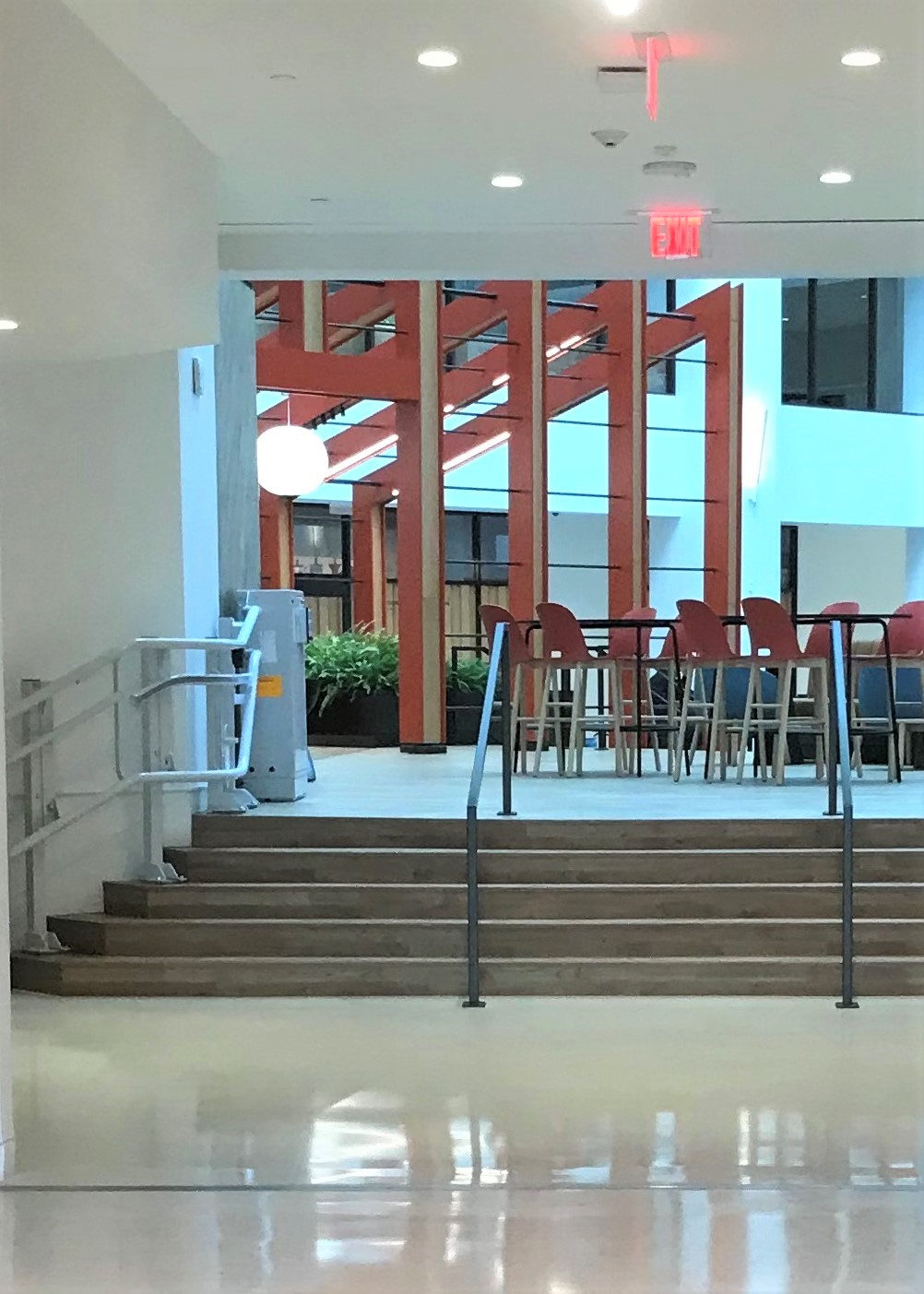Overview:
Challenge yourself to evaluate your designs for inclusivity and, understand how current design trends can affect accessibility and inclusion. Learn the current and upcoming changes to the DC, VA and Maryland accessibility related codes. This session will include an overview of the major changes to the 2017 ANSI A117.1 standards adopted by the IBC 2021 and how these changes will impact design decisions. Updates to the current ADA federal enforcement activities will be reviewed. Best practices for mitigating risk and reducing liability to avoid accessibility design mistakes and costly errors will be discussed.
Learning Objectives:
- Develop an awareness of accessibility and inclusion and how they affect design decisions.
- Identify recent and upcoming DC, VA, and MD changes to the accessibility codes.
- Understand the significant changes to the 2017 ANSI A117.1 and IBC2021.
- Awareness of ADA enforcement activities and best practices for mitigating risk during design.
Presented by:
David J Galbo, RA, AIA
Principal Consultant, Galbo+Wolf LLC
David is a subject matter expert in the physical accessibility space for ABA, ADA, Section 504, Fair Housing, and ICC/ ANSI A117.1compliance, with 30 years of experience serving public, government, education, healthcare, hospitality, multi-family and aordable housing clients. His experience includes Accessibility consulting on projects in 30 U.S. States, DC, and Canada. David is a registered architect in New York and Maryland.
Catherine C Wolf, ADAC
Principal, Galbo+Wolf LLC
Catherine is a professional with 30 years of experience in contract compliance, marketing, communications, and volunteer non-profit management. She is a Certified ADA Coordinator providing accessibility coordinator consulting. Catherine has also participated in numerous ADA surveys in New York, Pennsylvania, Georgia, and Maryland.
Organized by:
Galbo+Wolf LLC

This course is being presented as part of DesignDC 2022: Code-palooza.
Time:
April 21st, 2022 10:00-11:15am
Credits:
1.0 HSW|LU
Please note: You must attend the entire session to receive continuing education credit.
